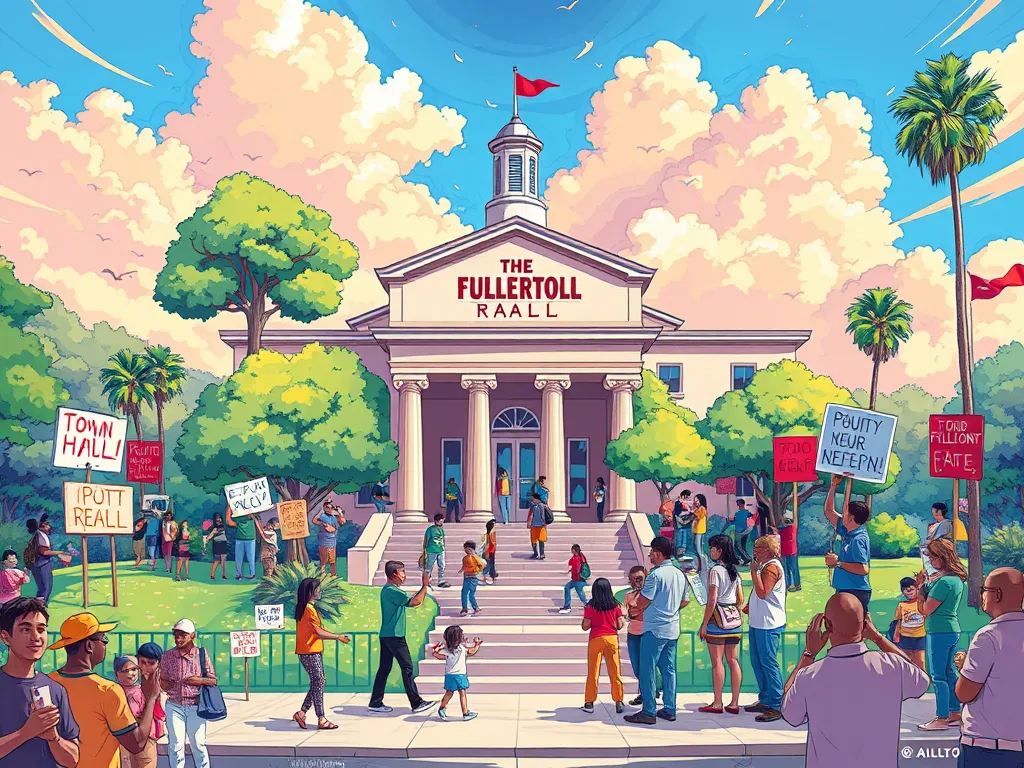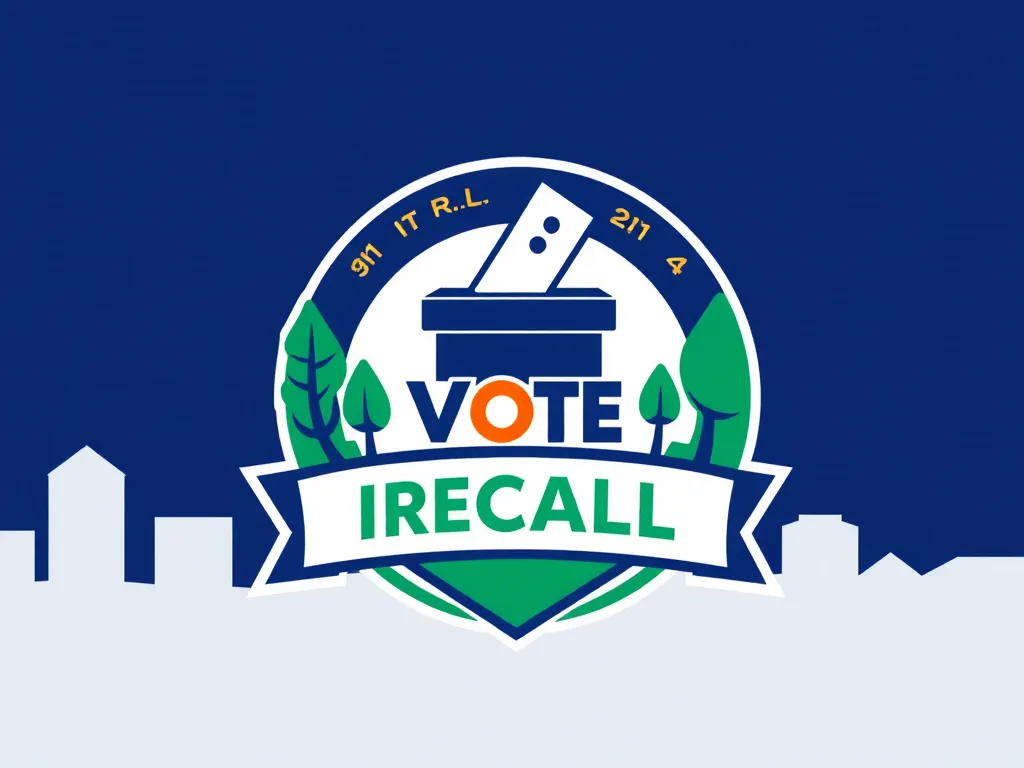Understanding the Fullerton Recall: Community Impact Explored

The Fullerton Recall Election: A Comprehensive Overview
The Fullerton Recall Election signifies a pivotal moment in the city's political landscape, reflecting community sentiments and challenging elected officials on contentious issues. This election, instigated by a grassroots movement, aims to hold public leaders accountable and foster a dialogue on the future direction of Fullerton.
Recall elections, such as the Fullerton Recall Election, represent an essential aspect of democratic governance, allowing constituents to remove elected officials before the end of their term. This process involves significant organization and mobilization by citizens seeking change. The specific motivations behind the Fullerton Recall Election include discontent with local policies, perceived mismanagement, and the desire for new leadership that resonates with the community's needs.
The community's response to police accountability was exemplified in the events surrounding the Fullerton Recall, highlighting the demand for systemic change.
The Fullerton Recall Election serves not only as a referendum on the performance of local officials but also as a catalyst for public engagement. Voter participation in recall elections often reflects deeper community frustrations and aspirations. The outcomes of the Fullerton Recall Election could lead to shifts in policy-making and greater responsiveness from current and future elected officials, as they assess the electorate's mood.
Moreover, the Fullerton Recall Election has garnered attention for its implications on civic involvement. As citizens actively participate in the recall process, they are empowered to voice their concerns and seek change through collective action. The election has the potential to inspire further civic engagement, championing the importance of community voices in local governance.
Ultimately, the Fullerton Recall Election epitomizes the intersection of local politics, community values, and democratic principles, setting the stage for potential transformations in governance and policy priorities in Fullerton.
History of the Fullerton Recall
Fullerton has a notable history of recall elections, each reflecting the political climate and community grievances of its time. Previous attempts have illustrated the complexities and challenges faced by those advocating for change, as well as the resilience of civic activism within the city.
Key figures involved in past recalls have often been prominent local leaders and activists, whose efforts have shaped the narrative around each recall initiative. These individuals typically mobilize support through community outreach, leveraging social media and public demonstrations to galvanize voter sentiment.
Public reaction to earlier recall efforts has been mixed, with some citizens expressing strong support for accountability while others raise concerns about the efficacy and divisiveness of recall elections. These dynamics continue to influence how the community perceives the current recall movement in Fullerton.
Impacts on Local Politics
Recalls significantly influence election dynamics, prompting local politicians to adopt more responsive stances in their governance. The threat of a recall can compel officials to reconsider their policies and engage more actively with constituents to avoid backlash.
Potential changes in leadership arising from the Fullerton Recall Election may usher in new policies and a shift in priorities that reflect the electorate’s concerns. This transition could result in a more collaborative approach to governance that prioritizes community needs.
Moreover, the Fullerton Recall Election could also affect voter turnout and engagement. Higher levels of participation often indicate a mobilized electorate, which can lead to increased advocacy for issues affecting the community. A successful recall may also invite discussions about further civic involvement in local decision-making processes.
Community Reactions to the Recall
Public opinion surveys conducted in the lead-up to the Fullerton Recall Election illuminate the sentiment of residents. These surveys reveal key concerns among community members, such as dissatisfaction with local governance and a desire for change in leadership.
Community meetings and forums have become vital spaces for discourse, allowing residents to express their views, share personal experiences, and engage with the recall process. These gatherings provide a platform for constructive dialogue and promote civic involvement.
Responses from local organizations vary, with some actively supporting the recall efforts and others urging caution. These organizations often focus on civic education, emphasizing the significance of participating in the democratic process for the betterment of the community.
Legal Aspects of the Recall
State laws governing recalls outline the specific procedures and requirements necessary for initiating and executing a recall election. In California, the process involves gathering a set number of signatures from registered voters within a specified timeframe, which adds legitimacy and ensures that the recall reflects genuine public sentiment.
The timeline of the recall process is critical, encompassing stages such as petition circulation, verification of signatures, and the scheduling of the actual election. Understanding this timeline helps contextualize the urgency and organization needed by recall proponents to be successful.
Challenges faced during the recall process can include legal disputes over the validity of signatures, potential pushback from officials being targeted for recall, and the mobilization of opposing viewpoints. These challenges can complicate the path to holding a successful recall election.
Future Implications for Fullerton
The potential policy changes subsequent to the Fullerton Recall Election may significantly impact the community, particularly if new leaders prioritize areas such as transparency, accountability, and responsiveness to citizen needs.
Long-term effects on community trust may manifest as residents assess the effectiveness of the new leadership and its approach to governance. A successful recall could reinvigorate faith in democratic processes, while failure to meet community expectations may lead to disillusionment.
Finally, an analysis of the political landscape post-recall will uncover shifts in party dynamics, voter coalitions, and future electoral strategies. The Fullerton Recall Election may serve as a bellwether for other communities considering similar actions, influencing broader conversations about governance and civic participation.
